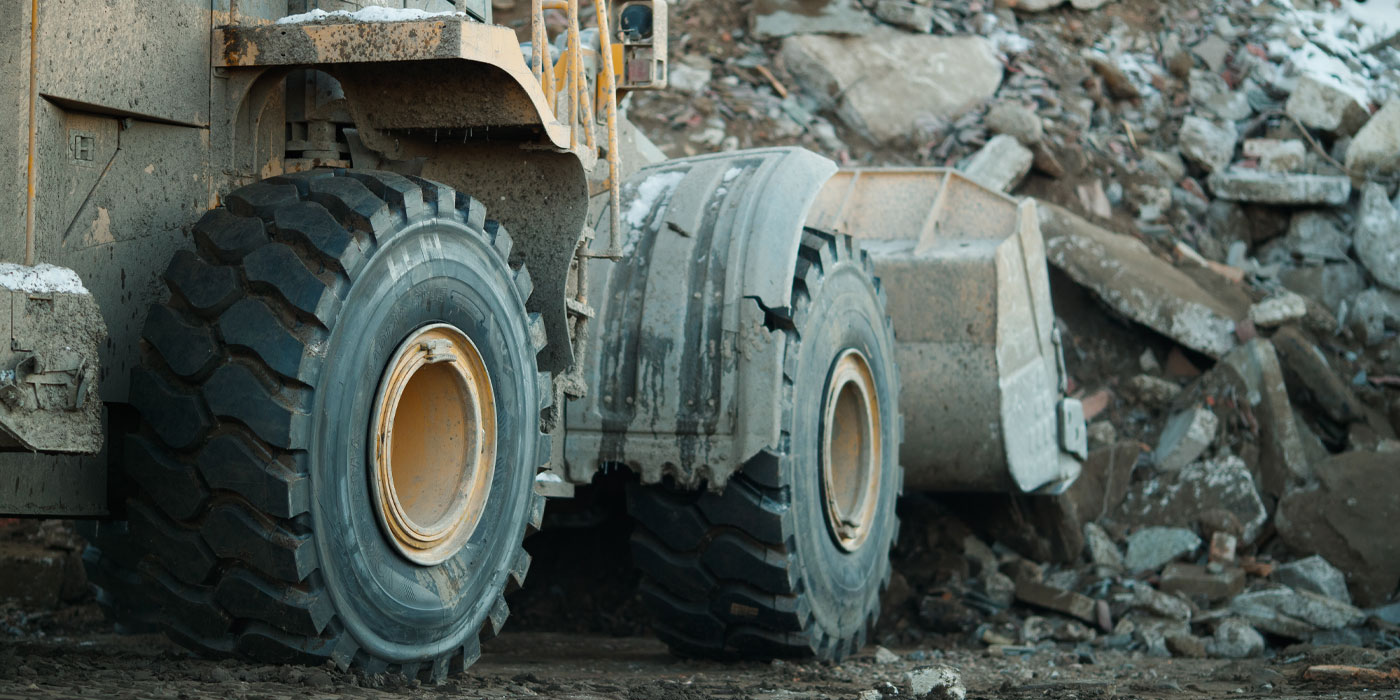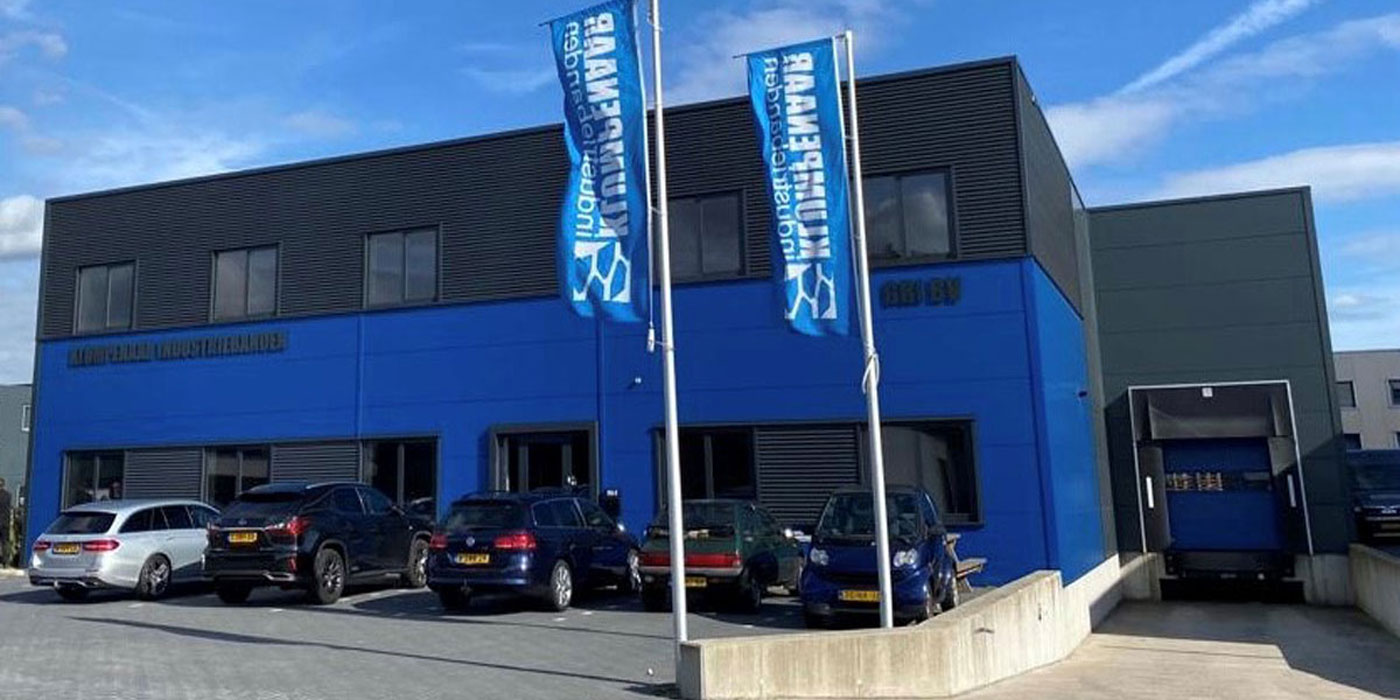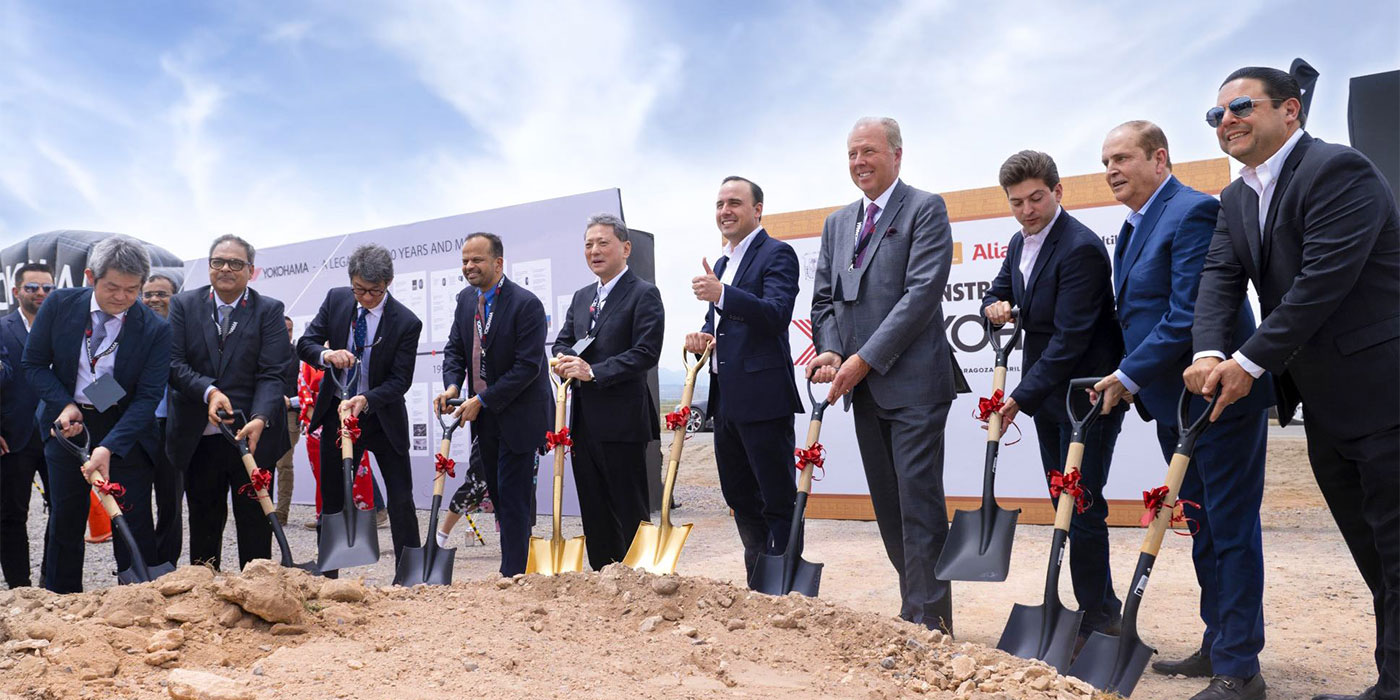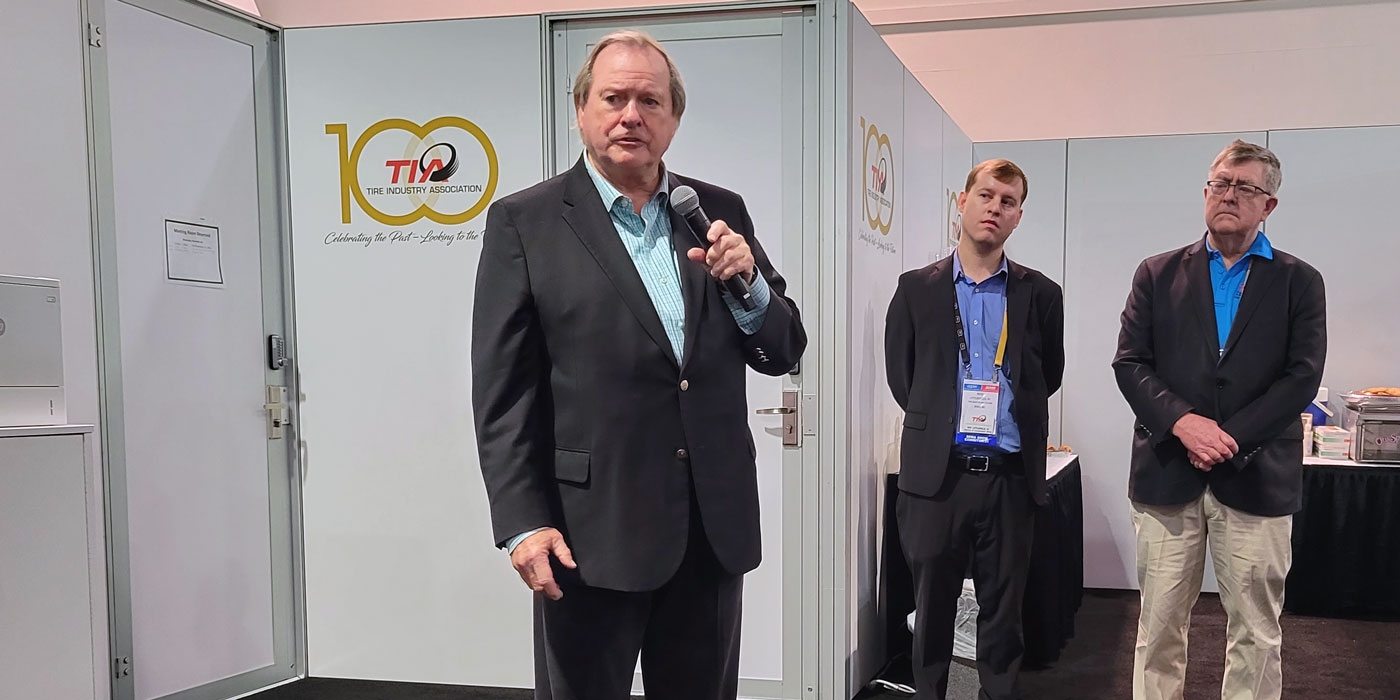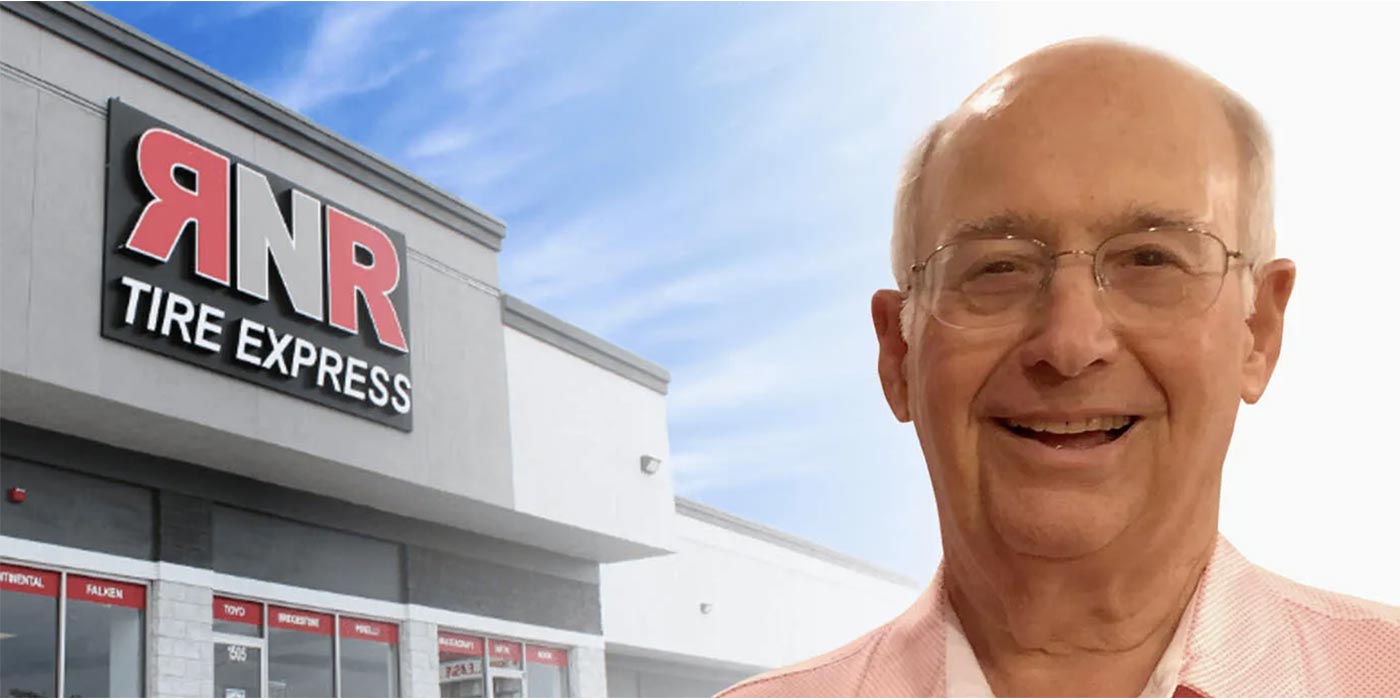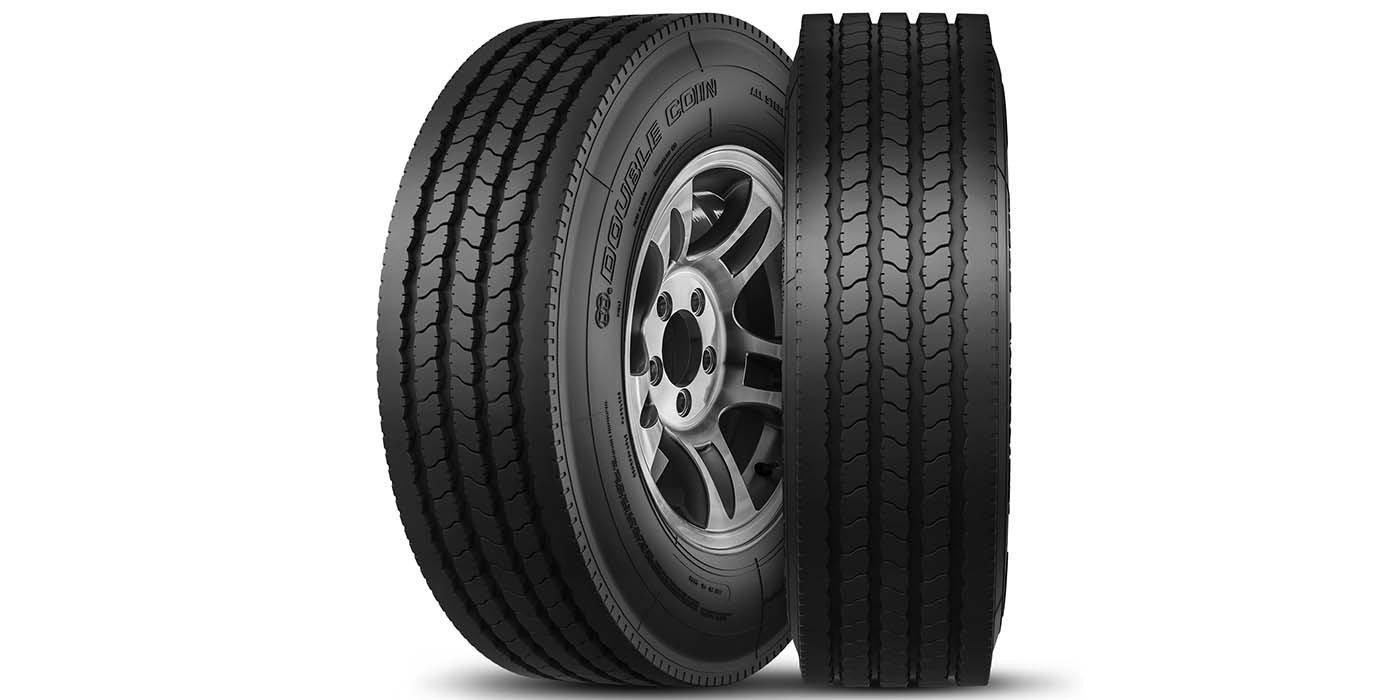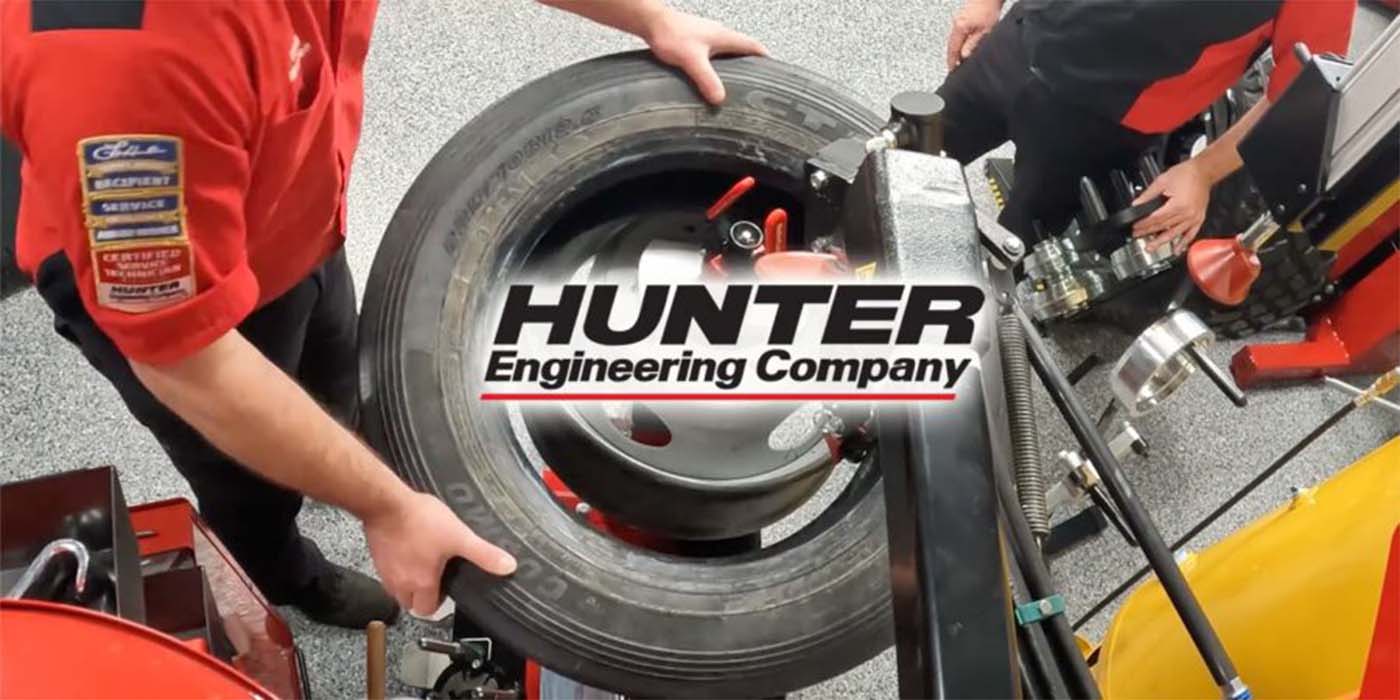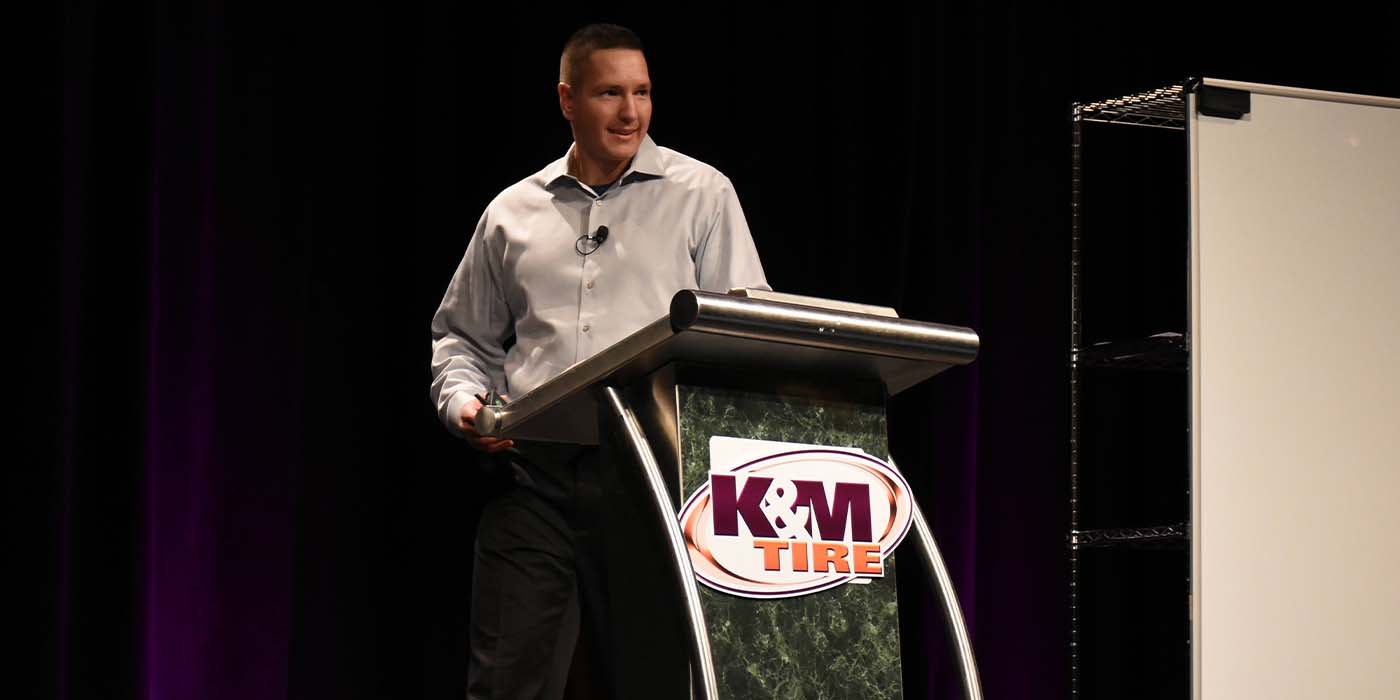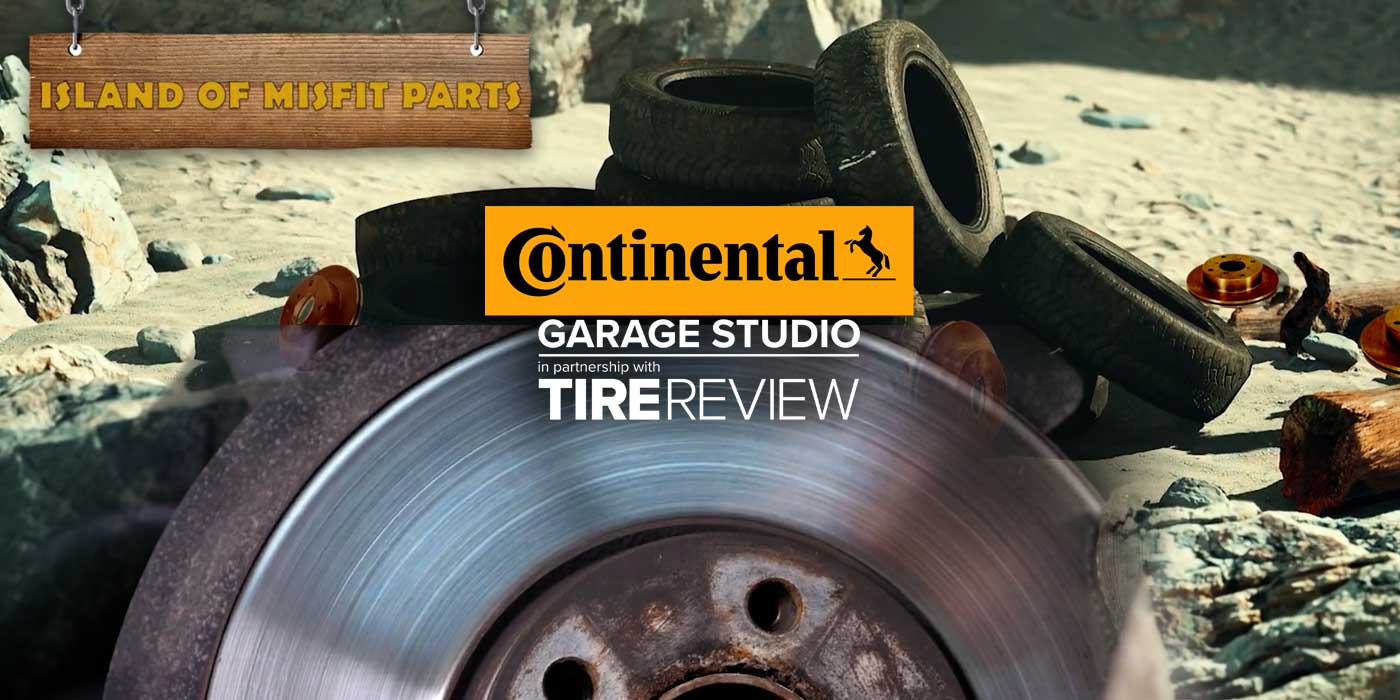More recently, we have seen the major companies expanding their operations through acquisitions, joint ventures and greenfield plants in Eastern Europe, Asia and Latin America. And, some Asian companies have also moved into Eastern Europe. These moves increase global capacity, making it important that companies with older, established manufacturing operations work to keep them competitive.
The acquisition of SA-based Dunlop Tyres, by Apollo – a leading Indian tyre manufacturing company – is about to take place on our very doorstep, making it virtually impossible to ignore the concept of Globalization as a growing reality that affects every corner of the globe. Of course, this is not the first time a foreign investor has invested in the South African tyre industry. In 1997, the Japanese-based Corporation, Bridgestone, secured full equity in Firestone South Africa. Also in 1997, the Goodyear Tire & Rubber Company in Akron, Ohio acquired its South-African operations – Contred – by way of a 100 percent stake. And finally in 1998, German-based Continental AG sealed its level of commitment to its affiliated African operation by acquiring controlling interest in Gentyre Industries.
World-leading political leaders and economists are of like-mind. Globalization is an important democratic process that must take place if issues such as poverty and inequality are going to be addressed.
The question us, is what sort of impact is Globalization having on tyre markets internationally and domestically, and what can we do to ensure our businesses survive in the face of such an important, world-changing phenomenon that shows no imminent signs of reversal?
What is Globalization?
Opinions on this important happening are mixed and varied. Many see it as a primarily economic phenomenon, involving the increasing interaction, or integration, of national economic systems through growth in international trade, investment and capital flows.
Sociologist Anthony Giddens defines globalization as a decoupling of space and time, emphasizing that with instantaneous communications, knowledge and culture can be shared around the world simultaneously.
And a Dutch academic who maintains a good web site on globalization, http://globalize.kub.nl, Rudd Lubbers, defines it as a process in which geographic distance becomes a factor of diminishing importance in the establishment and maintenance of cross-border economic, political and socio-cultural relations.
Arguably, globalization is a capitalist process. It has taken off as a concept in the wake of the collapse of the Soviet Union and of socialism as a viable alternate form of economic organization.
For Globalization
The tonnes of goods trade around the world have grown by 16 times since 1950, reflecting the lowering of tariff barriers. The growth of trade in services is even greater. Moreover, the benefits of the growth have been shared. The countries that are getting poorer are those that are not open to world trade, notably many nations in Africa.
China’s opening to world trade has brought it growth in income from $1460 a heard in 1980 to $4120 by 1999. In 1980, American’s earned 12.5 times as much as the Chinese, per capita. By 1999, they were only earning 7.4 times as much. The gap between rich and poor is also shrinking with most nations in Asia and Latin America.
Against Globalization
The opposing school of thought argues the World Trade Organisation agreements on free trade have functioned principally to prise open markets for the benefit of transnational corporations at the expense of national economies, workers, farmers and other people and the environment.
Further to this, they argue the WTO should not focus solely on opening markets but also allow trade to be restricted to support human rights, labour rights and environmental objectives in other countries. The WTO and trade agreements should also allow non-government organizations a direct voice in their governance.
Lastly, they claim the freeing of financial markets has brought global instability, as evidenced in financial crises in Asia and Latin America and the continuing marginalization of sub-Saharan Africa.
How Tiremakers View It
So where do leading members of the local tyre industry stand on this intriguing debate?
“It must be realized that globalization is the most important economic, political and cultural phenomenon of our time,” suggested Mr Yasuhiro Ito, Chairman and CEO of Bridgestone. “Globalization can be a savage process for some but also a beneficial one where winners outnumber the losers.
“Some of the benefits of globalization include: a better division of labour between countries, a broader choice of products and technology, lower inflation and a better cross pollination of ideas. But as the process has a human component to it, it is not automatic and ultimately, success has to be fought for, not just assumed. The best way to improve human welfare is to encourage the free exchange of goods and ideas,” continued Ito. “There must be an understanding that globalization is also about human freedom — freedom of expression, choice and mind.
“In an international context, globalization is a continuing process that moves at different speeds in different parts of the planet and in different sections of the population,” added Ito. “The fact remains however, that for any economy in the world to survive and prosper, it needs to be part of this process. It should be seen as fundamentally a democratic process, driven by individual choices with a sense of culture, place and nationality.”
Gordon Murdock, managing director of Goodyear SA had this to say: “When we talk about globalization we have to take into account both the positive and the negative effects. Traditionally, plants would attempt to manufacture all the various sizes and tread designs of tyres called for in their market. Globalization has allowed us to concentrate our production on fast moving volume products and to import the items that do not justify local manufacture,” continued Murdock. “This has had a beneficial effect on the consumer who is now offered an enhanced product range at very competitive prices.
“A definite pro in production is the limited number of sizes and tread designs being produced in our factories,” re-emphasised Murdock. “We are thus able to achieve more cost effective production. The latest technology is also available to us due to globalization.”
“On the downside, the ever increasing production capability of countries around the world means that tyre prices are constantly under pressure and there is always a threat of excess stock being dumped in South Africa,” added Murdock.
“Moreover, developing countries, especially in the east, are making large investments in productive capacity to provide employment,” continued Murdock. “Installed capacity often exceeds local demand by twice the quantity, forcing factories to export at very low prices to recover some cost,” he said. “This can have a potential negative impact in developed countries where certain adverse impacts may be felt. Some operations are moved to countries where the total cost of production is lower.
“The encouraging aspect is the creation of competition which keeps prices in check to the advantage of the consumer,” added Murdock.
The South African Context
“After years of isolation, South Africa was re-admitted as a member of the international community a bit more than a decade ago,” said Ito. “This means that South Africa can sell its goods on world markets (at the real value), import goods freely, (not forced to pay premiums), and compete for foreign capital, all factors required to stimulate growth and prosperity. This is unfortunately a double edged sword, for a number of reasons.
“After years of being protected, South African companies are not only exposed to stiff international competition, but to the pros and cons of exchange rate fluctuation. Globalization has also served to expose inadequate policies and practices of government, in that is has highlighted that state structures cannot afford to be weak.
“Major changes in areas like economics, politics, sociology and populations took place while South Africa was in isolation,” continued Ito. “The playing field is definitely not how we remembered it! Current trends serve to illustrate that South Africa is a very small player in the global context that must abide by the rules and dictates of the major players.
“Furthermore, Africa – plagued by instability, corruption, war and famine — has to overcome many of the negative connotations of being the ‘Dark continent’. Africa’s problems lie in decades of corrupt and incompetent governments that failed to prepare the continent for a competitive world,” mused Ito.
“That said, it is definitely not all doom and gloom for South Africa. There is a democratic, representative government in power, its monetary and fiscal policies seem sound, South Africa’s financial system is highly developed and closely regulated and the country’s inflation rate is under better control than it previously was.
As far as Bridgestone and its strategy for South Africa is concerned, it has implemented global standards in local business, taking into account training, cost reductions, capital investment and programmes aimed at maintaining the high quality of products and effecting improvements where possible.
Bridgestone management further said that although globalization can be difficult to manage, it is a source of excitement for managers and is not to be feared. Instead, it can assist in fostering an environment of entrepreneurship, via Bridgestone’s global network of companies, provide exchange programmes for employees that work in other countries to gain experience and new ideas, learn from employees sent from other countries and utlise technology to its fullest potential in all facets of the business.
Continental Tyres harboured similar views on the matter. “Up until the 70s, the South African tyre manufacturing industry was made up of four companies, owned by parents from overseas,” explained Rodney Idris, PR and Communications for Continental. “Disinvestment then occurred in the mid 70s.
“Times were hard and the manufacturers now had to continue to produce products without the guidance they had come to expect. In some instances, opportunities were seen and taken, with new products being developed – some of which would never have been developed had the disinvestment not happened,” said Idris.
“Clearly this situation cannot be sustained in the modern era,” continued Idris. “The complexities, development and advances in tyre technology progresses far too quickly for a South African tyre manufacturer to be able to compete on a global basis.
“General Tyre SA was caught up in this situation, but quickly realized that it needed to obtain technology from one of the larger international tyre manufacturers as they could not go it alone,” said Idris. “This, through Gentyre’s South African partnership with Uniroyal, led to a technology agreement with Continental AG in 1978. In 1985, the relationship was consolidated further when Continental AG approved the production of Continental branded products by Gentyre in the Port Elizabeth plant.
“The success of this venture had the effect of bringing the two companies much closer together to the extent that in 1998, Continental AG bought a controlling interest in Gentyre Industries.
“When one considers the technological advances that have taken place in the motor industry recently, with the consequential need for the tyre industry to meet these requirements, there is no way that the company could have continued without the technical and strategic support of Continental AG. Apart from the technological aspects, the access to modern plants and designs, the manufacturing equipment and methods, globalization opened up huge markets in the world into which the company supplies. Continental AG, though global demands, assisted the company in improving productivity, and embarking on cost reduction and pricing programmes, as well as drives for much higher quality standards.
“Globalization was a necessity,” summed up Idris. “All of this was vital in order to ensure the survival of Continental Tyre SA and in fact, for it to grow into the large competitive organization that it is today.”
Gianluca Lionetto, managing director of Pirelli Tyre SA also gave us his thoughts: “I believe that like every other nation, South Africa should welcome globalization and try to understand how to derive benefit from it,” he said. “Many countries struggled in the past while isolating themselves from the outside world, a bright example being India, which is managing to achieve significant growth (and better living standards for its population), after opening itself up to international trade.
“Globalization further means the consumer can have a wider offering at a better price and local producers are more focused on improving their production and distribution standards,” he added.
“Retailers would do well to exercise caution however, when it comes to sourcing and selling some international products. Increasing competition from product made in ‘low cost’ countries is causing some problems worldwide, which is not only exposing consumers to poor offerings in terms of service, claims, future availability and quality, but is compressing margins to dangerous levels,” warned Lionetto.
“This is particularly prevalent in South Africa which is finding it increasingly difficult to deal with the increasing costs of raw materials and a strong downward price pressure.
‘Cheap’ Tyres Hit Hard
According to the DTI (Department of Trade and Industry), there are 182 homologated foreign brands filtering into South Africa from other parts of the world. Local manufactures rely on imported product to supplement their range on sizes that are currently not locally produced. Many respected foreign brands such as Michelin, Pirelli, Yokohama and the like have been available in South Africa for years and have secured an important niche of the marketplace. More disturbing still, is the ever rising number of ‘low cost’ tyres filtering in from developing nations, especially China.
In the global tyre industry, there is an oversupply, particularly in passenger and light commercial tyres.
Whilst American manufacturers have been down sizing on production due to this oversupply, the Asian market, particularly China, has increased production to the extent that it has more than doubled the capacity necessary for its own market demands. This overcapacity has to be sold, and with low labour costs coupled with government incentives, they are distributed on world markets at very low prices. Currently, South Africa, with the strong Rand, is one of the ideal markets in which to sell this excess capacity.
“One of the problems about combating this distribution tactic is that you have to identify the company responsible and the prove it,” explained Idris of Continental. “Time is critical, and the costs are high, with the local industry being made to bear these costs.
“The larger problem in South Africa however, comes through the Free Trade Agreements with the NEPAD and SADEC countries where reduced barriers have made it an easy channel for illegal imports,” he said.
South Africa has no anti-dumping regulations as such. What is required is that industry must prove to the International Trade Administration Commission (ITAC) that imports from a specific country are injuring local production. And in the application to ITAC industry must be able to prove that it is suffering undue injury. Anti-dumping will not be imposed to protect inefficient local production. Manufacturers in South Africa have recently made application to ITAC to impose anti-dumping duties against tyres being dumped by manufacturers in China. The Chinese factories who believe that they are not dumping product in SA are at liberty to make application to ITAC to exclude them from the anti-dumping duty or to have a lesser duty applied. All anti-dumping duty applications are done in strict accordance with the rules of WTO.
“The proliferation of cheap tyres drives the overall price of tyres down which puts pressure on the margins of manufacturers, quality importers and retail dealers. This is not in the long-term interests of tyre consumers,” continued Murdock.
“SA is a harsh environment for tyres with the temperatures being high, roads not always in a good condition and heavy loads transported over long distances. Without a healthy tyre industry to provide service, the tyre consumer will eventually be the loser."
A greater threat that has evolved is the importation of used casings, allegedly for retreading purposes, which are sold as second-hand tyres. These tyres circumvent the SABS standards requirements and their sale threatens both new and retreaded markets.
Service Providers Voice Their Concerns
“Without a doubt, globalization, fuelled by a stable and robust Rand, is having a harmful impact on the South African tyre industry as a whole,” concurred Laurent Colrat, Marketing Director of Bandag SA. “Asian countries take advantage of their lower production costs, (labour, energy and capital) and higher economies of scale to enter our market on a marginal costing model.
“Nonetheless, when globalization is accelerating rapidly, it is not always the ‘One and Only’ answer where needs and market structures reject a unified product offering. For example, while our South African company belongs to the global Bandag network, some of the products developed on a global scale are not suitable for the markets and customers we serve. Tread designs and rubber compounds that are successful in Latin America or Europe are by far not a proven recipe for the South African market. Testing in the South African environment and adapting to its requirements is crucial for the tyre product category,” he said.
“The onset of globalization is presenting huge challenges to the local service provision industry,” echoed Gavin Aboud, Regional Manager of the TrenTyre Northern Division. “Global contracts are being negotiated so far from the coalface and by people so far removed from reality that they do not always represent what is taking place on the ground. Neither do they reflect local pricing, nor the local supply situation. More worrying still, they do not incorporate local distribution network pricing, overheads and cost structures. In short, they do not always take local conditions and dynamics into account.
“The manner in which business is conducted from country to country differs. Service levels and expectations are not the same, resulting in frustrations on the part of all the parties concerned.
“In my opinion, it would be self-defeating to jeopardize supply relationships at a local level that have been built and fostered over many years, based on the requirements of a global contract,” concluded Aboud.
Dean Roberts, Regional Manager of the Cape and Eastern Cape region of TrenTyre also gave us his comments: “Globalization is causing the world to become a very ‘small place’, maybe too small. Prior to the global onslaught, we were forced to rely on our initiatives to ensure we remained self-sufficient.
“The global phenomenon of ‘dumping’ is definitely affecting our market shares and margins and is raising important questions such as who handles the after sales service on these products, who handles claims and who provides technical support and advice?
“And not only do we see Globalization in products, but in other areas such as Tyre Management solutions too. We are often faced with the reality of a customer being a global player. As such, requests for data, reports or management information are based upon certain individuals within that organization having gained experience in other parts of the world and therefore wanting ‘the best of all worlds’ in their current assignments.
Conclusions
One thing is certain. Whether we like it or not, globalization is here to stay. And at this point in time, the major players agree the positives of this process far outweigh the negatives.
To coin Gordon Murdock’s sentiments, tyre companies must change their manufacturing patterns in order to remain competitive. Mechanisation on a large scale is being installed to improve quality and reduce labour costs. Factories are being streamlined thereby improving quality and efficiency.
Moreover, globalization creates export opportunities as the larger companies now have a pool of factories available to source tyre stocks if shortfalls appear.
‘Globalization must be embraced in order to prosper,” echoed Bridgestone’s Ito. “Globalization benefits companies by giving them greater choice over raw materials, production techniques, people skills and the markets they compete in. Consumers benefit from a wider range of quality products at competitive prices. In short, globalization increases efficiency and thus prosperity.
“The challenge for the South African tyre industry is to guard against products of questionable quality coming into the market and to educate the end users regarding these products.
“We would like to suggest that the four local manufacturers, and three main importers of tyres into South Africa unite their efforts into devising some sort of joint campaign aimed at informing and educating the consumer on the importance of fitting only reputable, safety-critical tyre brands to their vehicles,” suggested Pirelli’s Lionetto.
“Consumers must be made aware of non-negotiable factors affecting tyres such as quality, safety, back-up service and proper guarantees,” echoed Ito. Moreover, all tyres in South Africa must be homologated by the SABS – a list of these is listed on their web site.”
“In the South African context, we need to remember that cheaper tyres do have a negative effect on retreaded tyre sales as the price differential between new and retreads shrinks,” cautioned Murdock.
This is threatening the very existence of the retreading industry in South Africa, particularly in the passenger tyre category, which is rapidly diminishing. The retreading sector of the business has likely been hit the hardest by this trend and is now expected to find new solutions towards its ultimate survival.
“Globalization is here to stay, especially in the tyre industry which serves a universal need – moving the cargo,” agreed Bandag’s Colrat. “But in order to survive and prosper well into the future, the South African tyre industry and its players have to fulfill and anticipate the needs of its customer base more creatively by adding value beyond the purchase point,” he suggested.
Dean Roberts agreed. “Whether we agree with Globalization or not, it is here to stay. It is largely up to us whether we allow it to swallow us up or whether we elect to manage it to the best of our ability so as to achieve the best possible outcome for our little corner of the world.”

